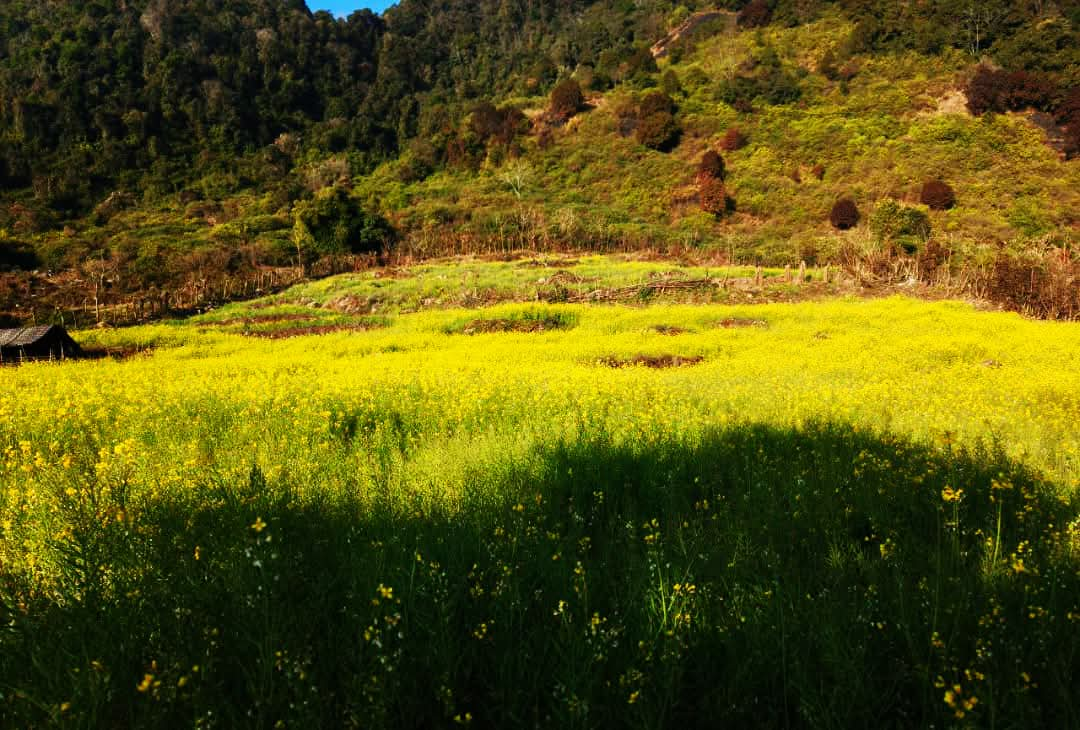Thimpu, Bhutan - Metakha Gewog, a community in Bhutan, is making strides toward self-reliance in mustard oil production with a groundbreaking initiative set to reduce the country’s dependence on imported oil. The gewog administration, in collaboration with local farmers and community leaders, has spearheaded efforts to produce mustard oil locally. A state-of-the-art oil extraction machine, scheduled to arrive by the end of April 2025, is expected to play a pivotal role in achieving this goal.
This initiative aims to produce approximately 20,000 metric tons of mustard oil annually, supporting both local consumption and surplus supply to other dzongkhags. The project is part of Bhutan’s broader strategy to enhance domestic agricultural production and reduce reliance on imported food products.
Farmers in Metakha Gewog have been diligently preparing for this transition since last year. They have successfully cultivated and harvested mustard seeds, ensuring the availability of raw materials for oil extraction as soon as the machinery is operational. This community-driven approach not only promises to stimulate economic growth in the region but also aligns with Bhutan’s commitment to sustainable and self-sufficient agricultural practices.
Community leaders emphasize that the project is more than an economic opportunity; it represents a step toward food security and resilience in the face of external market fluctuations. By harnessing local resources and fostering collaboration among stakeholders, Metakha Gewog is setting an example for other communities aiming to strengthen their agricultural economies.
As Bhutan continues to prioritize domestic production, initiatives like this highlight the potential for rural communities to contribute significantly to the nation’s self-sufficiency goals.
For more updates on sustainable agriculture and development initiatives across the globe, stay tuned to Ecosphere News.